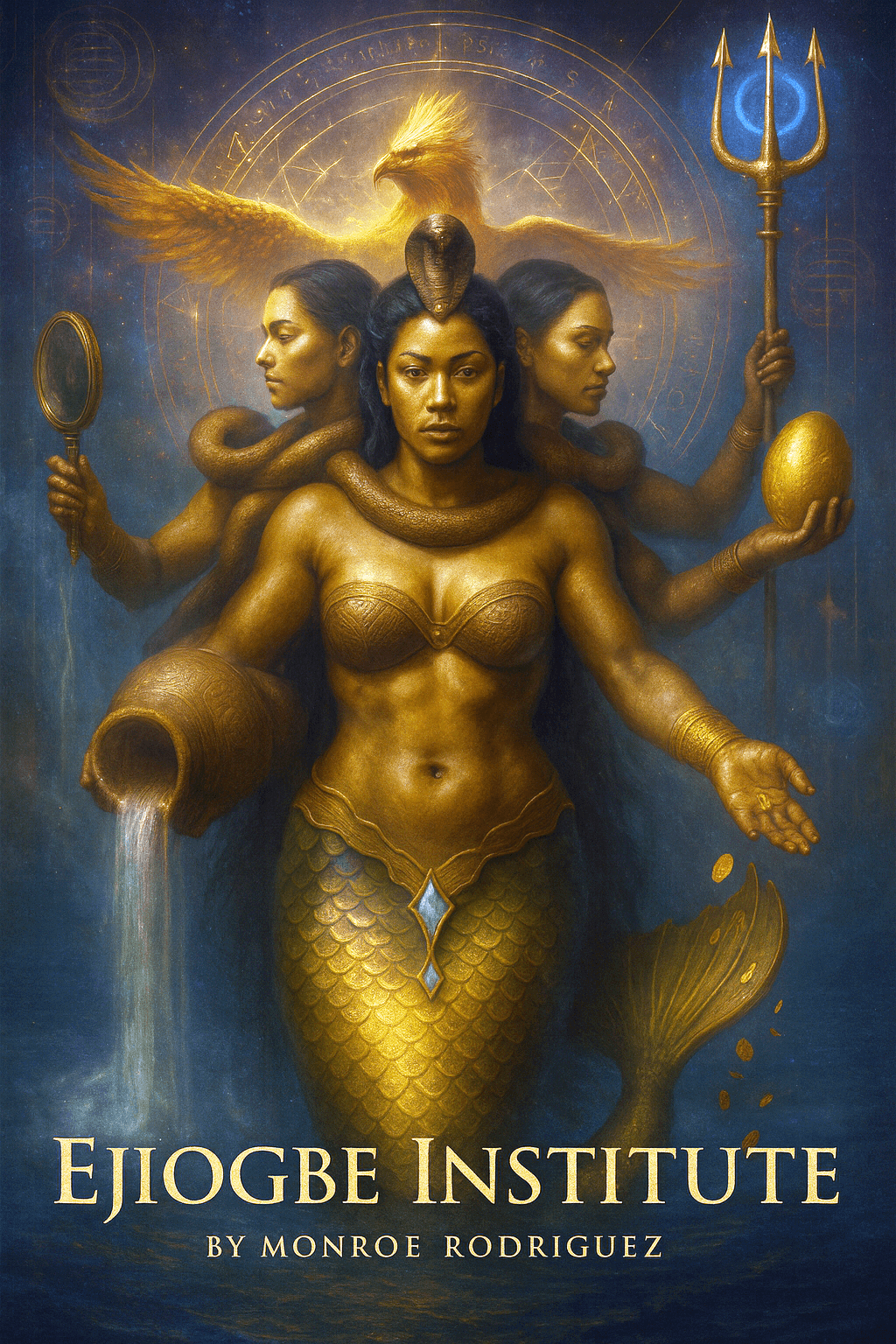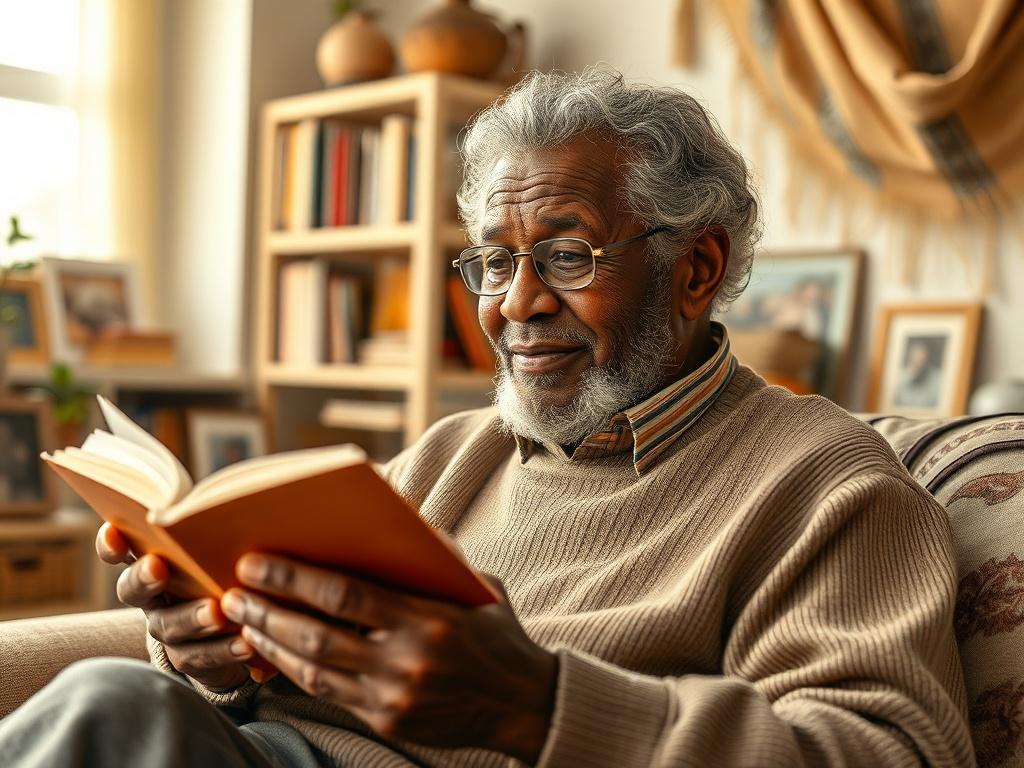
The Ultimate Guide to Recording Your Elder's Stories: Everything You Need to Succeed
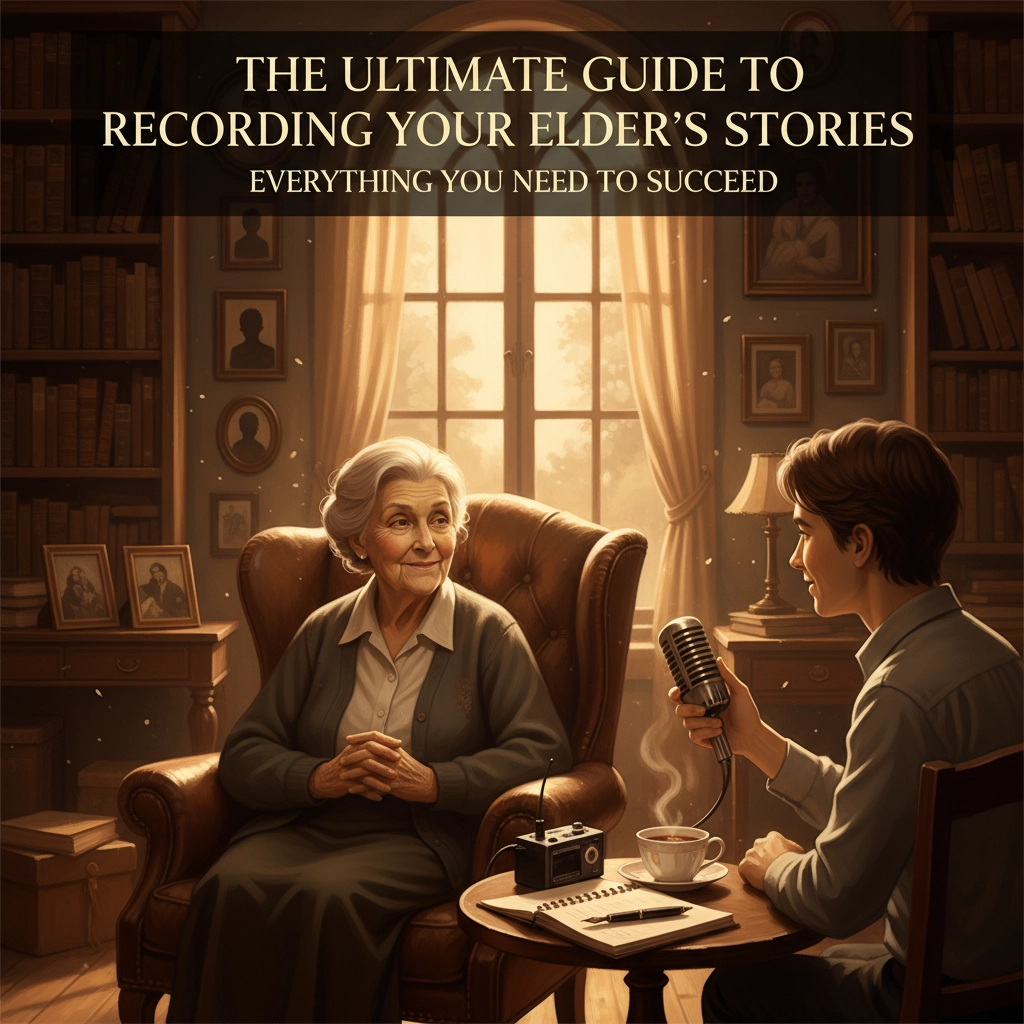
Our elders carry within them entire worlds of wisdom, stories, and cultural knowledge that have been passed down through generations. These ancestral voices hold the keys to our heritage, family histories, and the profound lessons that only come from lived experience. Yet every day, precious narratives are lost forever when we fail to capture and preserve these irreplaceable treasures.
Recording your elder's stories isn't just about documentation, it's about honoring the wisdom keepers in our communities and ensuring their voices continue to guide future generations. This comprehensive guide will empower you to create lasting records of these sacred stories, bridging the gap between past and present while safeguarding our collective memory.
Preparing for Sacred Conversations
Building trust and understanding forms the foundation of any meaningful oral history project. Begin by having heartfelt conversations with your elder about the purpose and scope of your recording project well before you press record. These preliminary discussions allow your storyteller to reflect on the memories they wish to share while establishing important boundaries that honor their comfort and dignity.
Approach these conversations with reverence, explaining who will have access to the recordings and how they will be used. Whether the stories are intended for immediate family, broader community sharing, or cultural preservation, transparency creates the trust necessary for authentic storytelling. Consider providing written consent forms that clearly outline the project's scope and your elder's rights regarding their recorded stories.
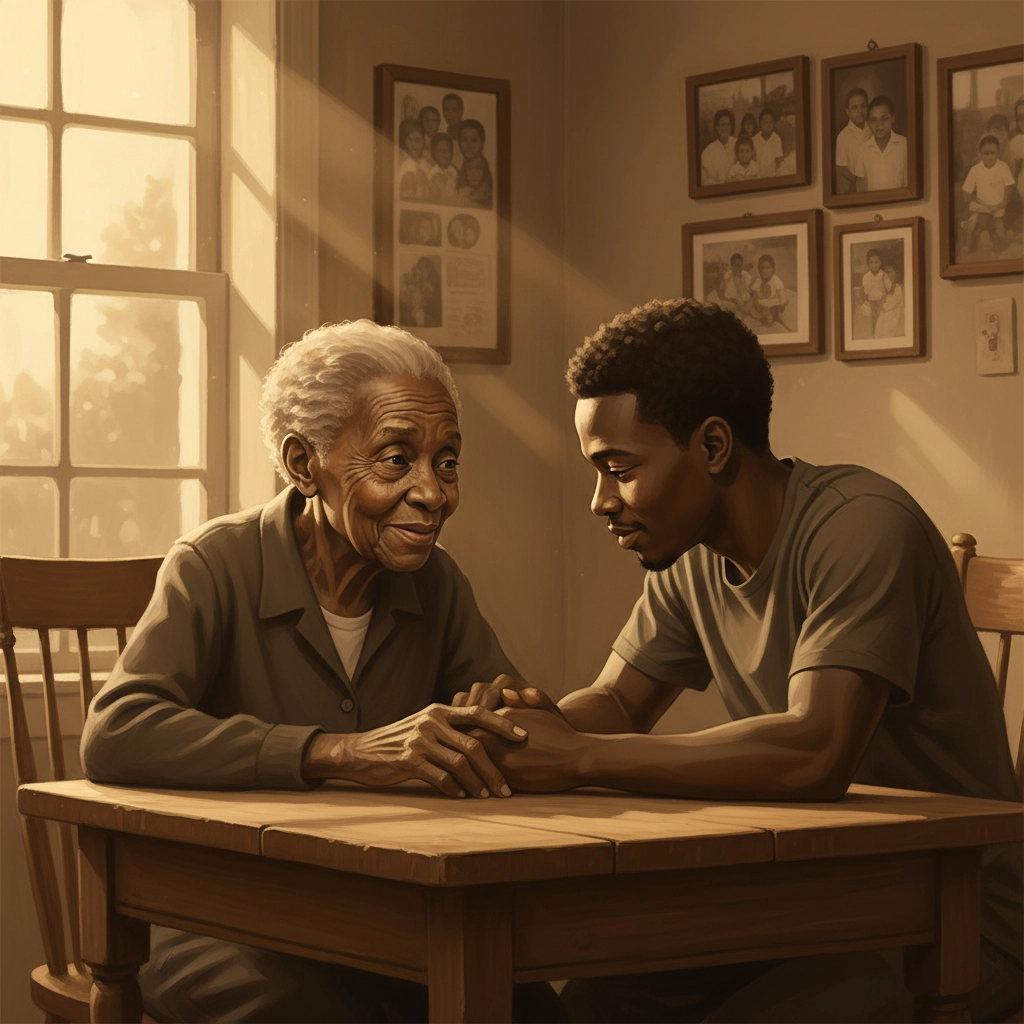
Defining meaningful themes helps guide your recording sessions while honoring your elder's preferred topics. Explore areas such as childhood memories, family traditions, cultural practices, career experiences, or significant historical events they witnessed. Some elders may wish to share spiritual insights, recipes passed down through generations, or stories about overcoming challenges that shaped their character.
Respect any topics your elder prefers not to discuss, and allow them to guide the narrative direction. This collaborative approach ensures they feel empowered as the keeper of their own stories rather than simply being interviewed.
Choosing the Right Tools for Preservation
Modern technology offers us unprecedented opportunities to capture high-quality recordings of our elders' voices. Digital recording devices provide excellent results, with smartphones, dedicated voice recorders, and laptops all capable of producing clear, professional-quality audio that will stand the test of time.
The key to successful recording lies in preparation and redundancy. Test your equipment thoroughly before each session, ensuring batteries are charged, storage space is available, and audio levels produce clear sound. Consider using multiple devices simultaneously, technology can fail at critical moments, and there's no way to recreate a spontaneous story once it's lost.
For video recordings, stability becomes essential for professional results. Use a tripod or stable surface to eliminate distracting camera movement, allowing viewers to focus entirely on your elder's words and expressions. Video adds powerful visual context through facial expressions, gestures, and the storyteller's environment, creating a more complete record of these precious moments.
Creating the Perfect Environment
The setting for your recording sessions directly impacts the quality of stories your elder will share. Establish a comfortable, private space free from distractions like television, household noise, or frequent interruptions. This sacred space should feel welcoming and familiar to your storyteller, often making their own home the ideal location.
Consider the time of day when your elder feels most alert and energized. Some people are morning storytellers, while others prefer afternoon or early evening conversations. Work within their natural rhythms and energy levels to capture their most vibrant and detailed narratives.
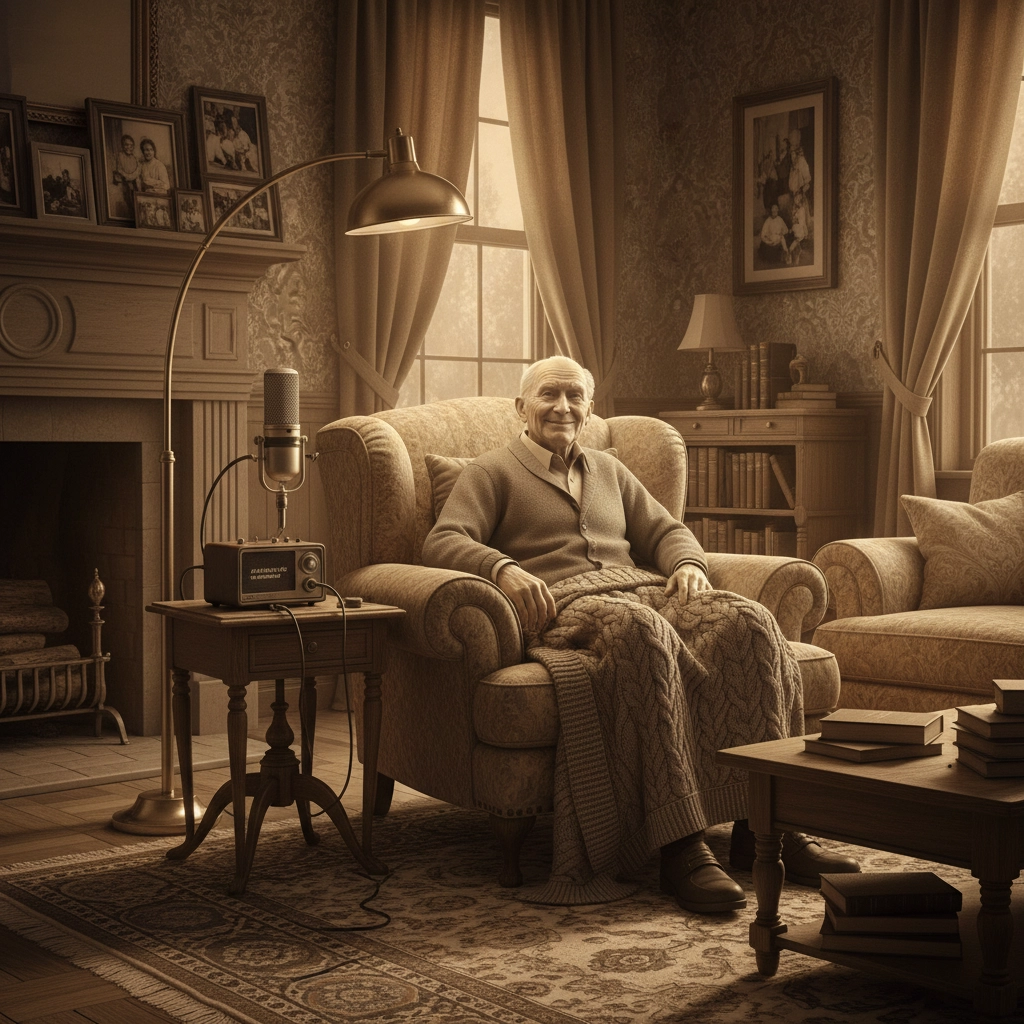
Environmental comfort extends beyond just quiet surroundings. Ensure appropriate lighting, comfortable seating, and easy access to water or other refreshments. Small details like adjusting room temperature or providing cushions can significantly impact your elder's comfort level throughout longer recording sessions.
Mastering the Art of Respectful Interviewing
Crafting meaningful questions transforms simple conversations into profound storytelling experiences. Use open-ended prompts that invite detailed responses rather than yes-or-no answers. Questions like "Can you describe your childhood neighborhood?" or "What were your grandmother's most important teachings?" encourage rich, descriptive narratives that paint vivid pictures of past experiences.
Begin each session by recording essential identifying information: the date, location, and names of everyone present. This documentation proves invaluable when organizing multiple recordings and creates proper context for future listeners.
Allow natural conversation flow by resisting the urge to interrupt thoughtful pauses. Some of the most powerful stories emerge from these quiet moments of reflection. Provide gentle encouragement through active listening: nod, make appropriate eye contact, and offer brief verbal acknowledgments that show you're engaged without disrupting their narrative flow.
Take notes during or immediately after interviews to capture themes, emotional moments, or follow-up questions that occur to you. These notes become invaluable when reviewing recordings later and help identify patterns or topics that deserve deeper exploration in subsequent sessions.
Honoring Elder-Specific Needs
Working with elderly storytellers requires additional sensitivity and flexibility. Schedule strategically around their daily routines, medication timing, and energy patterns. Many elders have specific times when they feel most alert and comfortable engaging in conversation.
Create optimal conditions by ensuring privacy and minimizing interruptions. Family members or caregivers can sometimes help facilitate memories or provide supporting context, but be careful not to let them dominate the conversation or speak for your primary storyteller.
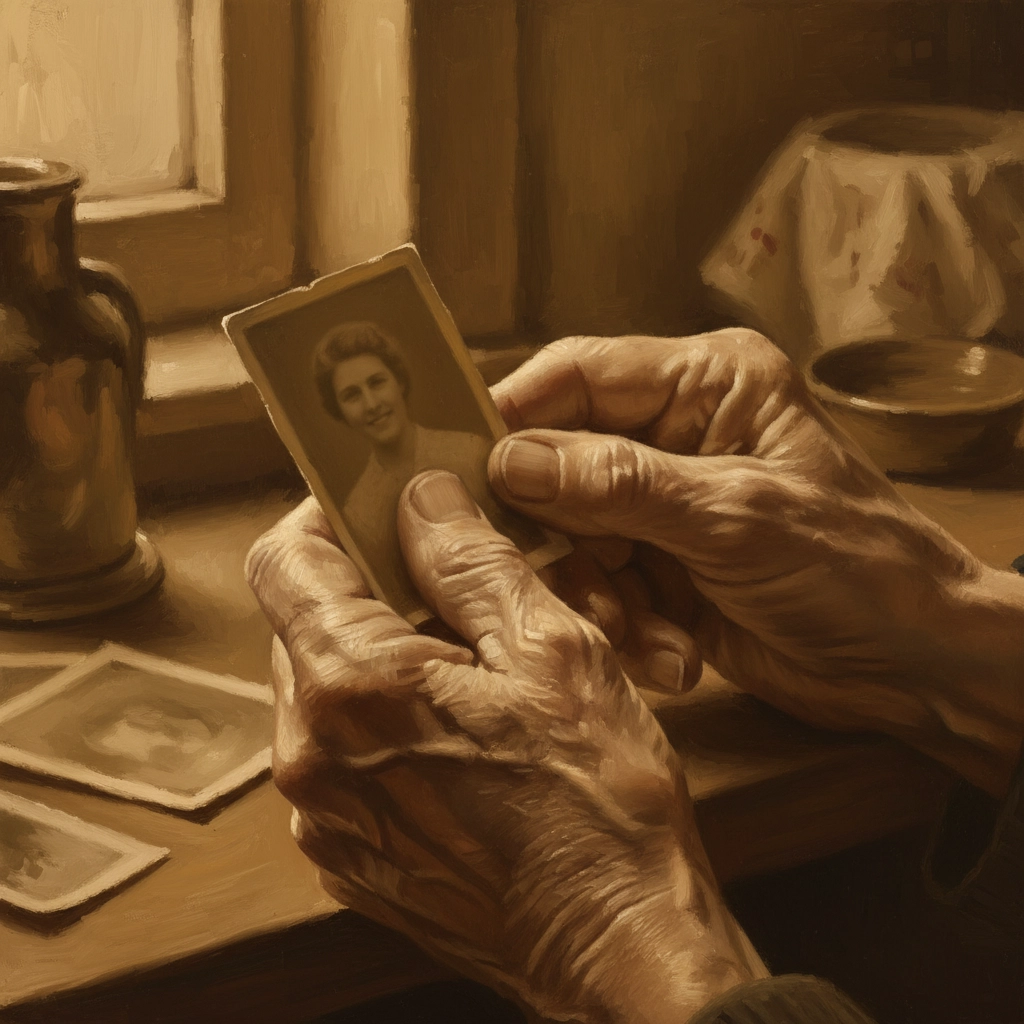
Accommodate physical and cognitive considerations by speaking clearly, allowing extra response time, and being patient with hearing difficulties or memory challenges. These adaptations ensure your elder feels respected and capable of sharing their stories effectively.
Recognize that storytelling often provides therapeutic value for elderly individuals. The process of reminiscing and sharing life experiences can be emotionally meaningful, offering opportunities for reflection, validation, and connection that extend far beyond simple documentation.
Session Management and Flow
Optimal session length typically ranges from 60 to 90 minutes, though this varies based on your elder's stamina and engagement level. Longer sessions can become physically and mentally exhausting, while shorter sessions may not allow sufficient time for deep storytelling to emerge.
Monitor your elder's energy throughout each session, offering breaks when needed and being prepared to end early if they become tired or overwhelmed. Quality storytelling requires mental and emotional energy, and respecting these limits ensures better recordings and a more positive experience for everyone involved.
Consider spreading comprehensive life stories across multiple sessions, each focusing on different themes or time periods. This approach allows for more detailed exploration of specific topics while preventing fatigue from trying to cover too much ground in single sittings.
Preservation and Legacy Planning
Immediate post-recording care protects your precious captured stories. Save and backup recordings immediately after each session, using clear file naming conventions that include dates and topics covered. Create multiple copies stored in different locations: both physical and cloud-based storage options provide security against data loss.
Consider the long-term accessibility of your recordings by saving files in widely-supported formats that will remain accessible as technology evolves. Document any editing decisions you make, maintaining original unedited versions alongside any polished final products.
Sharing and distribution planning ensures these stories reach their intended audiences effectively. Determine how you'll share recordings with family members, whether through digital platforms, physical copies, or integrated into larger family history projects.
At Ejiogbe Voices, we understand the profound importance of preserving these ancestral voices and making them accessible to future generations. Our platform empowers families and communities to capture, organize, and share elder stories in ways that honor both traditional wisdom and modern accessibility.
Recording your elder's stories represents one of the most meaningful gifts you can offer both to them and to future generations. These captured voices become bridges across time, connecting us to our heritage while ensuring that irreplaceable wisdom continues to guide and inspire long after the storytellers themselves have joined the ancestors.
The time to begin is now: each day that passes without capturing these stories is a day when precious memories and wisdom risk being lost forever. Approach this sacred work with the reverence it deserves, and create lasting legacies that will be treasured by your family and community for generations to come.
Start your journey of preservation today. Visit Ejiogbe Voices to learn how our platform can support your efforts to capture, preserve, and share the invaluable stories of your elders.
